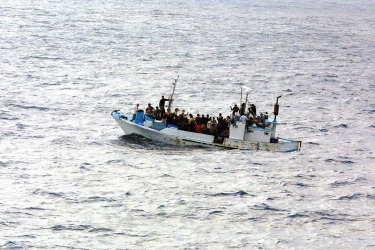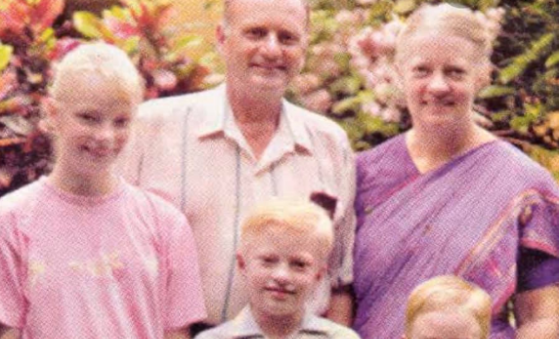
Nearly two months after Indian authorities deported a group of Rohingya Christian refugees, their families are still waiting for news. The refugees were reportedly forced into the sea by naval personnel, and only a few were briefly able to contact their relatives after reaching Myanmar.
The incident occurred on 6 May 2025, when 38 Rohingya refugees, including 15 Christians, were detained and deported from various parts of Delhi. Authorities claimed it was part of a regular immigration process. However, the families say they were given no advance notice and were left shocked and devastated.
John Anwar, one of the deported Christians, managed to call his brother in India after reaching Myanmar. According to the family, the group was blindfolded, had their hands tied, and were transported by plane to the Andaman and Nicobar Islands. There, officials allegedly took their belongings, refugee ID papers and even their medicines before placing them on navy vessels.
Anwar later described how the navy accused them of being linked to terrorism, despite having no evidence, and claimed they were "illegal migrants". The Christians were then presented with two options: to go back to Myanmar or attempt to reach Indonesia. Fearing persecution in their home country, they chose the latter. But shortly after midnight on 9 May, they were told to jump into the open sea with life jackets and were left there with no rescue in sight.
Eventually, the refugees swam ashore, only to discover they were not in Indonesia, but back in Myanmar, the very country they had fled due to religious and ethnic violence. Since that moment, most of the families in India have heard nothing from their loved ones.
Relatives say many of those deported were elderly or unwell. Some, like Anwar’s wife, were recovering from miscarriages. Others, including David’s parents, were left without access to daily medicines for conditions such as diabetes and high blood pressure.
The trauma continues for those left behind in Delhi. Families have been moving from place to place to avoid detention, as local police continue to monitor refugee settlements. Christian leaders and refugees have appealed to churches and human rights organisations for support, prayer, and assistance with resettlement in countries where they can live in safety.
Amnesty International has also criticised the Indian government’s actions, urging a halt to all deportations of Rohingya refugees. The group called on the government to uphold international human rights obligations.
The Christian Rohingya community in India came seeking safety from the violence in Myanmar. Many of them arrived in 2014, were granted temporary visas, and registered with the United Nations High Commissioner for Refugees (UNHCR). Despite humble beginnings, including children working as rag pickers to survive, the community managed to pursue education and build a new life.
Some even became leaders within their local churches, like David’s father, who began teaching Scripture and serving as a deacon.
However, in 2017, the Indian government declared all Rohingya refugees to be illegal immigrants and revoked their visas. Since then, the community has faced increasing threats and uncertainty.
Speaking about the recent deportations, family members said they are not opposed to legal procedures but object to the inhumane way in which deportations are carried out — without notice, separating families, and abandoning people in dangerous conditions.
Myanmar still refuses to recognise the Rohingya as citizens, and they face severe restrictions on movement, education, and employment. Human rights groups have labelled their treatment as ethnic cleansing.
Rohingya refugees in India, including Christians, also face hostility from hardline nationalist groups. Despite this, Christian families say their faith continues to sustain them.
“We live in fear, but we trust God,” said one refugee. “We ask churches and believers across India to remember us in prayer and help us seek safety.”
Adapted from Morning Star News.




